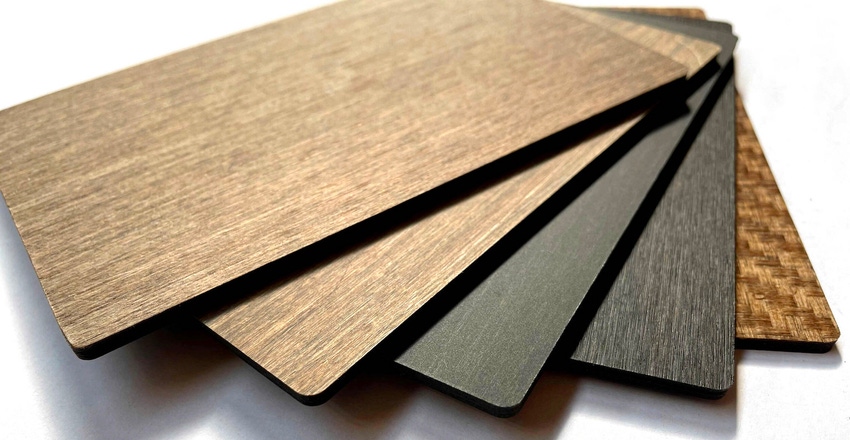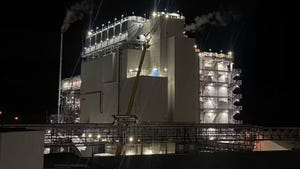Mitsubishi Chemical Cements Stake in Carbon-Negative Composites Firm
Subsidiary Diamond Edge Ventures has invested in California-based startup Lingrove. Its plant-based composites have 15% lower density than carbon fiber and a stiffness-to-weight ratio that surpasses aerospace fiberglass.
February 25, 2022

Mitsubishi Chemical Holdings affiliate Diamond Edge Ventures Inc. has invested in San Francisco-based Lingrove Inc., a developer of carbon-negative composite made from plant-based resins and flax liner fiber reinforcement. Lingrove will use the funds to scale its operations, hire key staff, and increase manufacturing capacity.
Mitsubishi Chemical is aiming for early realization of carbon neutrality under its new boss Jean-Marc Gilson, who assumed the position of president in April 2021. He was CEO of French food and drug ingredients firm Roquette before joining Mitsubishi Chemical, and he held managerial positions at Avantor Performance Materials prior to that. This plan also entails the divestiture of Mitsubishi Chemicals’ polyethylene and polypropylene businesses — Japan Polyethylene and Japan Polypropylene.
Lingrove’s Ekoa natural composites have 15% lower density than carbon fiber, while their stiffness-to-weight ratio surpasses aerospace fiberglass (E-glass). Ekoa composites offers three times the vibration damping of glass and 20% more than carbon.
“This investment proves that large materials companies can be provocative in fostering carbon neutrality,” said Patrick Suel, President of Diamond Edge Ventures. “We generally invest in the top startups in a field. But with Lingrove we selected the leader amongst companies leveraging natural materials and novel chemistries to solve today’s sustainability issues as well as customers’ application needs.”
Ekoa composites are already being used to replace mainstream materials such as wood in musical instruments and designer furniture. Upcoming uses in late-stage testing include instrument consoles in electric vehicles, kitchen and bath products, and acoustic panels. Durable and moldable, Ekoa is said to provide a sustainable alternative to other composites and incumbent materials, with a luxurious and natural aesthetic.
“Demand for Ekoa has been incredibly strong and growing,” said Joe Luttwak, CEO of Lingrove. “Soon every car, furniture, and product designer will be able to replace wood and plastics. We are ready to help deliver high-performance, beautiful, sustainable products that meet our customers’ climate commitments — and most importantly leave forests intact.”
About the Author(s)
You May Also Like




